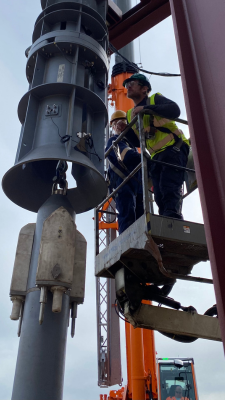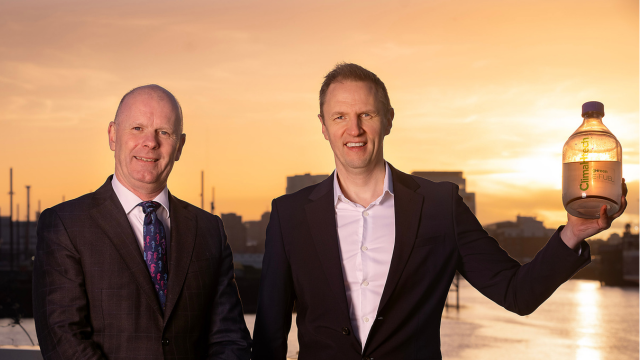Return to earlier checklist…
£33 million of Authorities funding has been awarded to develop inexperienced applied sciences for ports and ships – accelerating the UK’s race to decarbonise the sector whereas supporting jobs in coastal communities throughout the nation, serving to develop the financial system in the long run.
The £33 million has been awarded to 33 tasks throughout all twelve areas of the UK to ship demonstrations, manufacturing facility trials and feasibility research.
The funding comes from the fourth spherical of the federal government’s Clear Maritime Demonstration Competitors (CMDC4), which focuses on growing a spread of fresh maritime applied sciences together with electrical, hydrogen, ammonia, methanol, wind energy and extra.
EMEC is concerned in two of the tasks awarded funding; one feasibility challenge and one demonstration challenge.
Techno-economic feasibility examine on e-fuels to decarbonise maritime actions
The feasibility challenge is being led by CATAGEN, a world chief in design and manufacturing of internet zero applied sciences, together with challenge companions EMEC, Orkney Islands Council, Highland Fuels Restricted, and Belfast Harbour Commissioners. The challenge consists of a techno-economic feasibility examine exploring the chance of bringing novel clear gas manufacturing know-how to market to assist decarbonise the UK’s maritime actions.
EMEC will feed in expertise and learnings from earlier maritime tasks that it has been concerned in to evaluate the function of artificial fuels within the wider decarbonisation of the maritime sector, exploring the benefits and drawbacks over different applied sciences in addition to assessing its applicability in Orkney.
Pull and Lock Marine (PALM) connection system demonstration at EMEC Scapa Circulate check website
 The demonstration challenge is being led by Apollo, which is gearing as much as trial an offshore charging system at EMEC’s Scapa Circulate check website in Orkney. As offshore wind pushes into deeper waters and the supporting fleet strives to decarbonise, limitations are encountered within the charging capability of electrically-powered marine vessels (marine EVs) that search to help development and operations.
The demonstration challenge is being led by Apollo, which is gearing as much as trial an offshore charging system at EMEC’s Scapa Circulate check website in Orkney. As offshore wind pushes into deeper waters and the supporting fleet strives to decarbonise, limitations are encountered within the charging capability of electrically-powered marine vessels (marine EVs) that search to help development and operations.
Apollo’s resolution, the PALM Charger, is predicated on the corporate’s Pull and Lock Marine (PALM) connection system and goals to allow a vessel to connect with an offshore mounted charging level to increase the vary of marine EVs. The CMDC challenge will embody a 14-day offshore deployment of a check rig onto a moored platform at EMEC’s check website.
EMEC will plan and lead the testing operations, working with Leask Marine to arrange a check rig and undertake vessel connection and disconnection operations in a spread of sea states to display the mechanical and electrical connection techniques in an offshore surroundings. This can assist construct understanding of the vessel dealing with operations to refine the industrial design of the system. As a marine contractor, Leask Marine represents a gaggle of potential future clients, informing the marine operational practicalities and market curiosity.
For the complete checklist of CMDC4 winner, see: Multi-year clear maritime demonstration competitors

